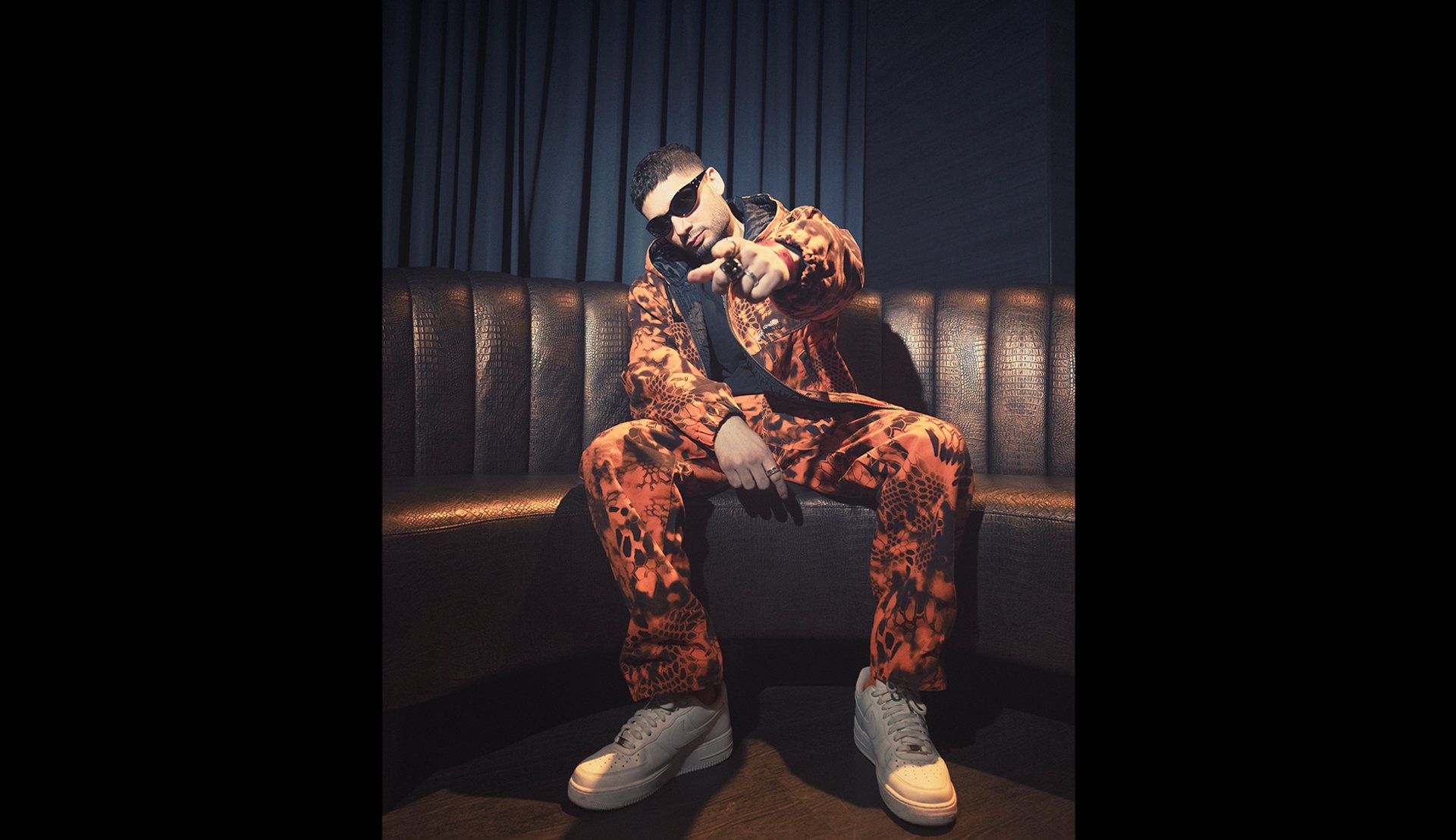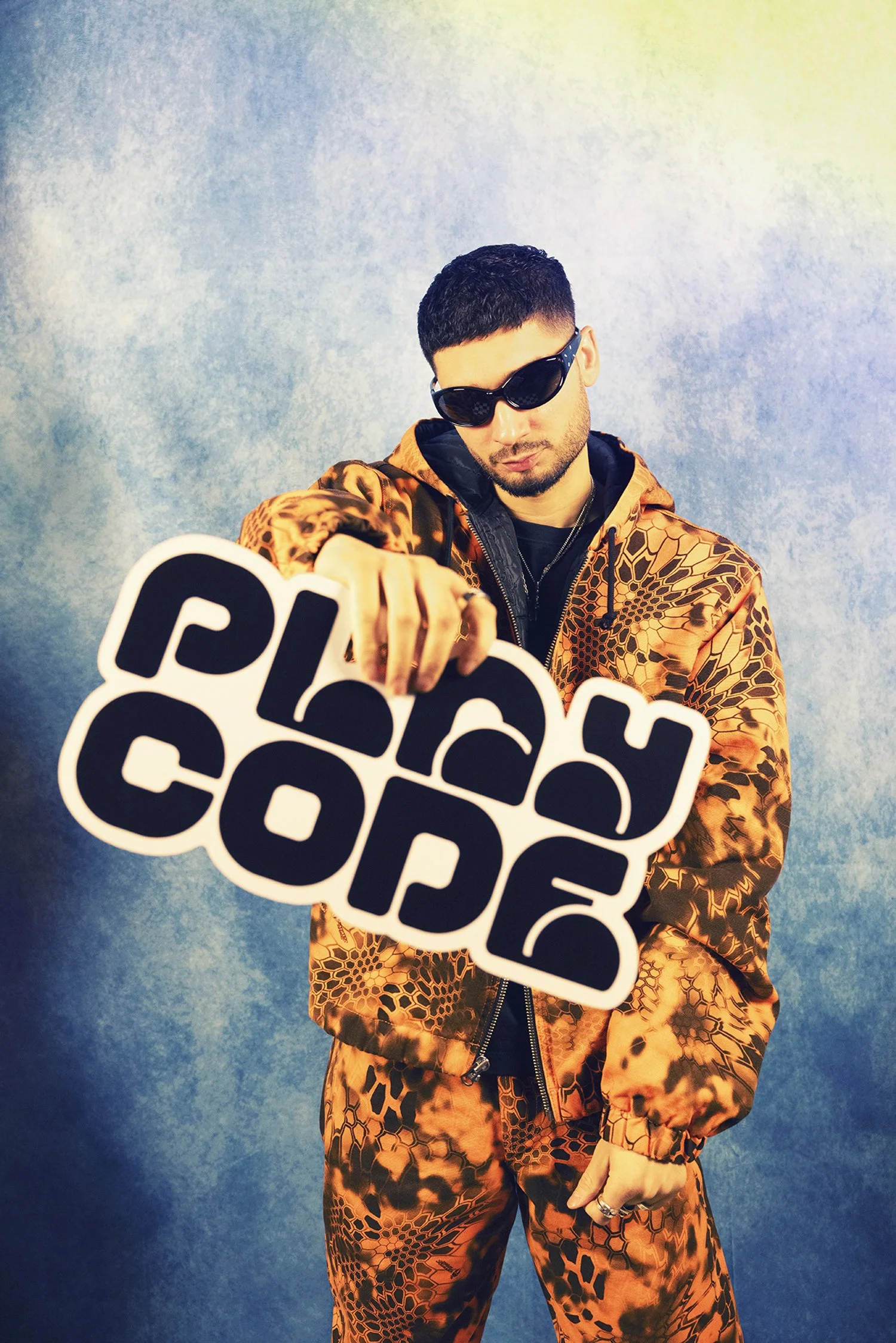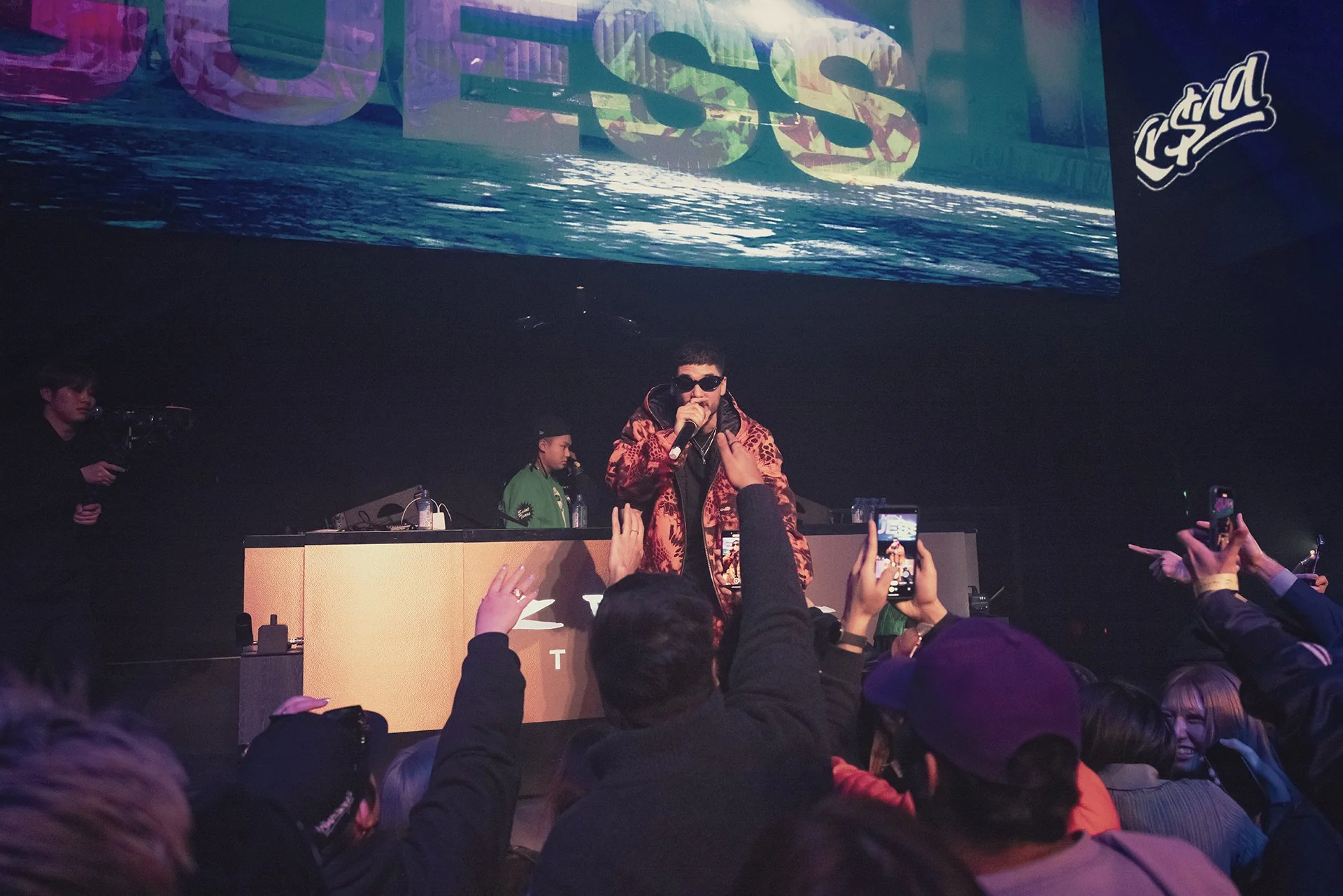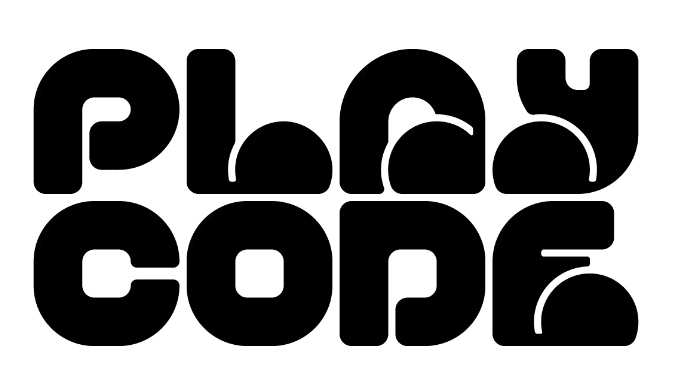
KR$NA
The Journey of India's Hip-Hop Icon from New Delhi's Underground to Worldwide Recognition
Text & Photo: Atsuko Tanaka
In Tokyo's vibrant pulse, we caught up with KR$NA, India's hip-hop luminary who came to do a show was organized by PLAYCODE Japan. From humble beginnings in New Delhi to global acclaim, KR$NA shares his journey and vision. Delving into his influences, successes, and creative process, he offers a glimpse into India's hip-hop landscape. Join us as we step into KR$NA's world, where hip-hop is more than music—it's a way of life.
-You’ve been to Japan before, right? What’s your impression of the people and the culture here?
This is my 3rd time and I love Japan. That's why I keep coming back. Japanese people are so nice and I love the culture. I also love Japanese food, my favorites are sushi, sashimi, and ramen.
-You’re based in New Delhi now? Can you tell me about what the city is like now?
It’s a big city with a lot of hustle and bustle. It gets rough sometimes, but it’s a nice city, I guess.
-What about the hip-hop scene there? How big is it in the music industry? What style is popular now?
It’s becoming very big, with new artists coming out frequently. There are all different kinds of styles in hip-hop now, some are super lyrical, some do trap. In the last 7 years, Indian hip-hop has been amazing. I feel it’s a little bigger than the Japanese hip-hop scene.
-I’ve heard you started to rap at 14. How did you get into hip-hop?
I was listening to hip-hop before I started to rap. My favorite artists are like Snoop, Dre, Mack 10, Nas, Jay-Z, Biggie, and Tupac. The form of music got me connected, and I really liked it. Then I got to a point where I wanted to try writing. I wasn’t very good at the beginning, but I fell in love with the music.
-When did you start taking music seriously?
When I was around 18. It wasn’t a profession yet, but I felt it was something I was good at it so I started recording songs. Once you heard your voice through the mic, it was like an addiction, and I just wanted to do more to get better. But there wasn’t a big hip-hop scene in India then, so I was doing other work on the side.
-You used to work at a record label, right?
Yes, I was working at Universal for about 2 years. Even though I wasn’t making it as a rapper, I wanted to be in the music business and know how the industry works.
-Then you released your song "Kaisa Mera Desh" in 2010 and it went viral on YouTube, earned a #2 ranking as one of the most-watched music videos in India.
Yeah, I used to put out music before that, but that was the first song many people paid attention to. I didn’t expect it so I was very surprised, but that motivated me to keep going harder. Hip-hop wasn’t that big in India yet so I still had a job on the side. Eventually, I signed to Universal and released my first album “Sellout” in 2014. Then I signed to my current label/management “Kalamkaar” in 2017.
-Is that a hip-hop label?
Yes, it’s the first hip-hop label in India. We have 6 artists now. There’s Raftaar who is also very popular in India, and also producer/singer, Deep Kalsi. I feel like we’ve been a team for a long time, and it’s good working together.
-When you look back on what happened in your career, what do you think the biggest turning point was for you?
I don’t know if I can say there was a big turning point, but I feel like the biggest thing I did was in 2019. I dropped a song called “Freeverse Feast” and things started changing very quickly after that. Many rappers come and go, but for me, the song worked and could remain consistent after that even during the pandemic.
-Your music video “Joota Japani” was shot in Tokyo. I read the song was sampled from the old and famous Indian song “Mera Joota Hai Japani”. Where did you get the idea from?
“Joota Japani” means “shoes are Japanese”. The idea came from hip-hop because in hip-hop we always talk about brands and stuff like that. In “Mera Joota Hai Japani”, he didn’t say about the brands, but where the shoes were from. I felt like that’s a very hip-hop thing to flex like that. So we sampled it and shot the music video in Tokyo.
-That’s cool! So did you wear Japanese shoes in the video?
Yeah, I wore Bape
-Nice. How was the experience shooting the music video here?
I loved it. The director, Ken Haraki did a good job and it came out great. People in India love the video too.
-Do you listen to international hip-hop? How about Japanese?
Yes, I do. For Japanese, I listen to Awich a lot, and Yuki Chiba (formerly known as KOHH) for a long time. I’ve heard Yellow Bucks too.
-What do you think about the talent of Japanese rappers?
I think they’re great. Many new songs keep coming out and I think that’s amazing.
-Are there any Japanese artists you’d like to collaborate with in the future?
I’m working on something now, you’ll know one day.
-Any advice to aspiring rappers who wanna be successful like you?
Just keep grinding, keep doing it. I know sometimes it seems hard, but in the long term, your skills will be better, and one day your time will come.
-When you feel down, what do you do?
I just write. Writing about the experience and let it out also. That’s the best way.
-What would it be if you describe your music style in one word?
Heavy. I focuse on lyrics.
-That’s cool. What is the word/slang you use most often these days?
“Hola Amigo”, since I put out a song called “Hola Amigo” a few month ago and Indian people say that a lot.
-That’s interesting, I didn’t expect Spanish words. Any new projects you’re working on now?
Yes, some small projects. Hopefully, you’ll see them in a couple of months.
-Do you have any dreams and goals you want to achieve in the future?
I wanna make more of an impact internationally, and I’m working towards that now. Like this opportunity, coming to Tokyo and doing a show is the first step.
-Last question, what does hip-hop mean to you?
Life. Because I've dedicated all my life to it.
“PLAYCODE" is a new imprint (brand) born to support the growth of Japan's hip-hop scene, the discovery and development of artists, and marketing support. Unlike traditional music agencies and labels, it aims to preserve the independence of artists, supporting marketing activities while respecting the musicality and music activities of the artists. Its main services include the development and implementation of marketing strategies utilizing specialized knowledge for hip-hop artists, data analysis and audience development using in-house technology, as well as providing funding support and music distribution. Furthermore, through strong partnerships with over 150 digital music platforms, it also supports hip-hop artists in reaching a wider audience.
The origin of the name "PLAYCODE" comes from the combination of two words: "Playful" and "Code". "Playful" suggests something that is easily accepted and friendly to many people, while "Code" symbolizes the various obstacles one overcomes in life, akin to a cipher that one must decipher themselves. Through the genre of hip-hop, it aims to advance the music market to a higher level.
"PLAYCODE" is committed to creating the right framework for artists to maintain their independence, pursue creativity, and enhance their careers.




